The Immediate, the Generational, and the Eternal
We need to live and work with three perspectives, all valid and important. They should not be played against each other. All have value and contribute to the common good. These three aspects are also essential as we invest and grow businesses.
The Immediate
This relates to what is at hand in the very near future, like today, this week, two months from now, and so forth. Doing dishes, putting kids to bed, preparing a PowerPoint presentation, going on a business trip next week, and planning for a conference later in the year. Things that are immediate, urgent, or related to a deadline in the near future. We deal with these things all the time, and many are good and necessary.
This dimension can dominate life in investing and business, and there are good reasons to attend to these immediate responsibilities. But the immediate needs to be a part of a greater whole, where we ask inter-generational questions and consider eternal foundations.
The Generational
Our Judeo-Christian tradition has many clear instructions on considering generations to come. The Sabbath and holy days are full of intergenerational reminders and commands, retelling the story of God at work from generation to generation. This comes with an invitation to be a part of God’s meta-narrative.
There are promises and warnings: Follow God with a generational perspective, and blessings will follow to children, grandchildren and beyond. The opposite is also true.
We must avoid short-termism, whether in family, church, investment and business. How can we act today, that it may be a blessing for generations to come?
This has bearings on our investment strategies, and should also have consequences on our business plans. What can we do, as we invest, to set a stage for transformational impact for the next generation? A sales plan for the next quarter can be helpful, but we should also consider how a value-based business can stay true to its mission for years, decades and generations.
This is beyond succession planning, which is also important. As we do business with God and for the common good, we aim at continuity planning, which connects the immediate, the generational and the eternal. What are we doing to impart God honoring and people serving values on a continuous basis? Day by day, week after week, monthly and annually.
The same principle applies as we review investment opportunities. Quarterly reports and maximizing shareholder value are too limited a view. How do we optimize return on investment on multiple bottom-lines for multiple stakeholders with a long-term view - among all nations?
The Eternal
Without reference points beyond ourselves there is no moral guidance in life, or in investment and business. Dostoevsky’s dictum as stated in ‘The Brothers Karamazov’ (1879) is true: If there is no God everything is permitted. Jean-Paul Sartre and Friedrich Nietzsche declared God dead, and thus suggested that everything is permitted, and we’re on our own to determine right and wrong. Ideas have consequences, also for behavior in the marketplace.
But as Christians we believe in values that are eternal, that God is truth, goodness and beauty. These transcendentals need to be translated into our lives, and become a worldview and a lifestyle as we invest and do business. Christian faith is not like a smorgasbord where we pick and choose what we like. No, it is a journey where we identify and align with Biblical values deeply rooted in a Judeo-Christian tradition. Some of these timeless values are avodah, shalom, tikkun olam, love your neighbor, be God-centered, bless all nations, be good stewards of creation, make Christ known, and create different kinds of wealth through business. (For an A – Z booklet with 26 such key words, concepts and values, see PS for a free copy)
So, in life, including investing and doing business, be mindful of the immediate, the generational, and the eternal.
PS. Free BAM A – Z booklet: https://xhe2dd.a2cdn1.secureserver.net/wp-content/uploads/2023/05/BAM-Booklet-27-April-2023.pdf
